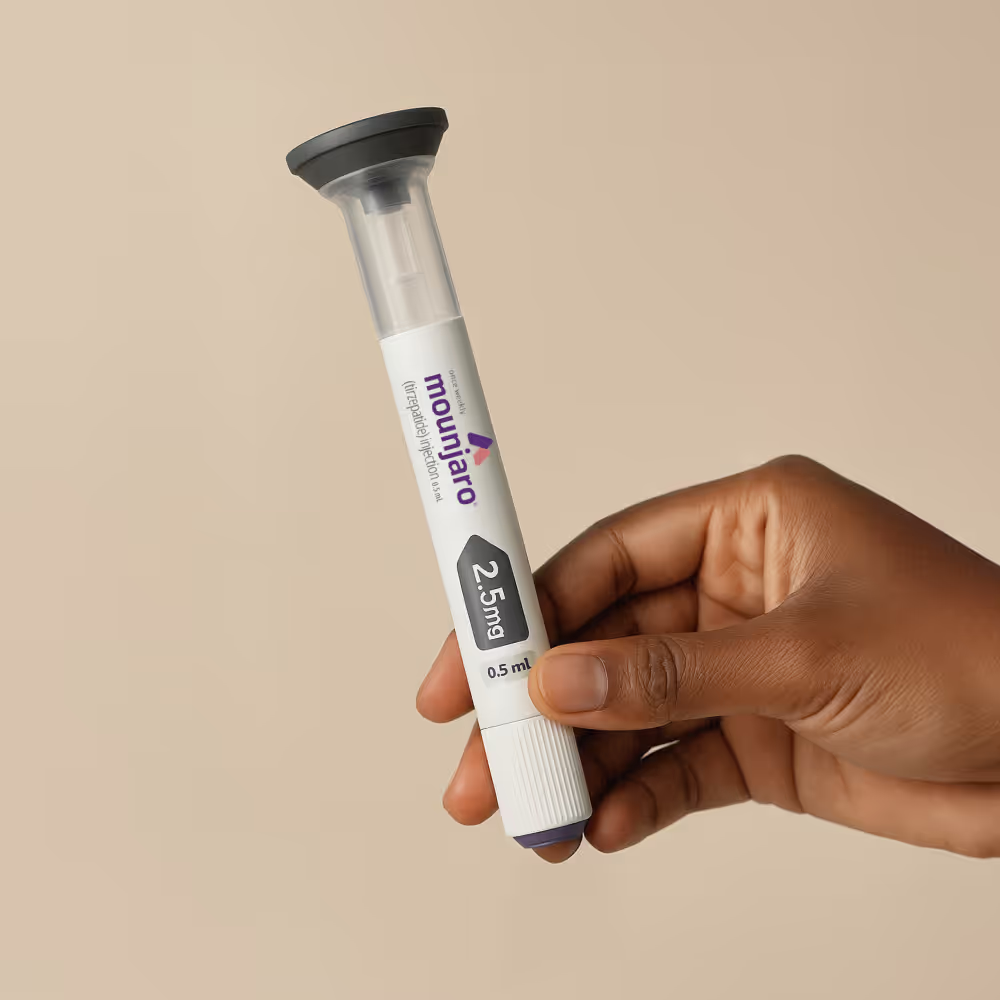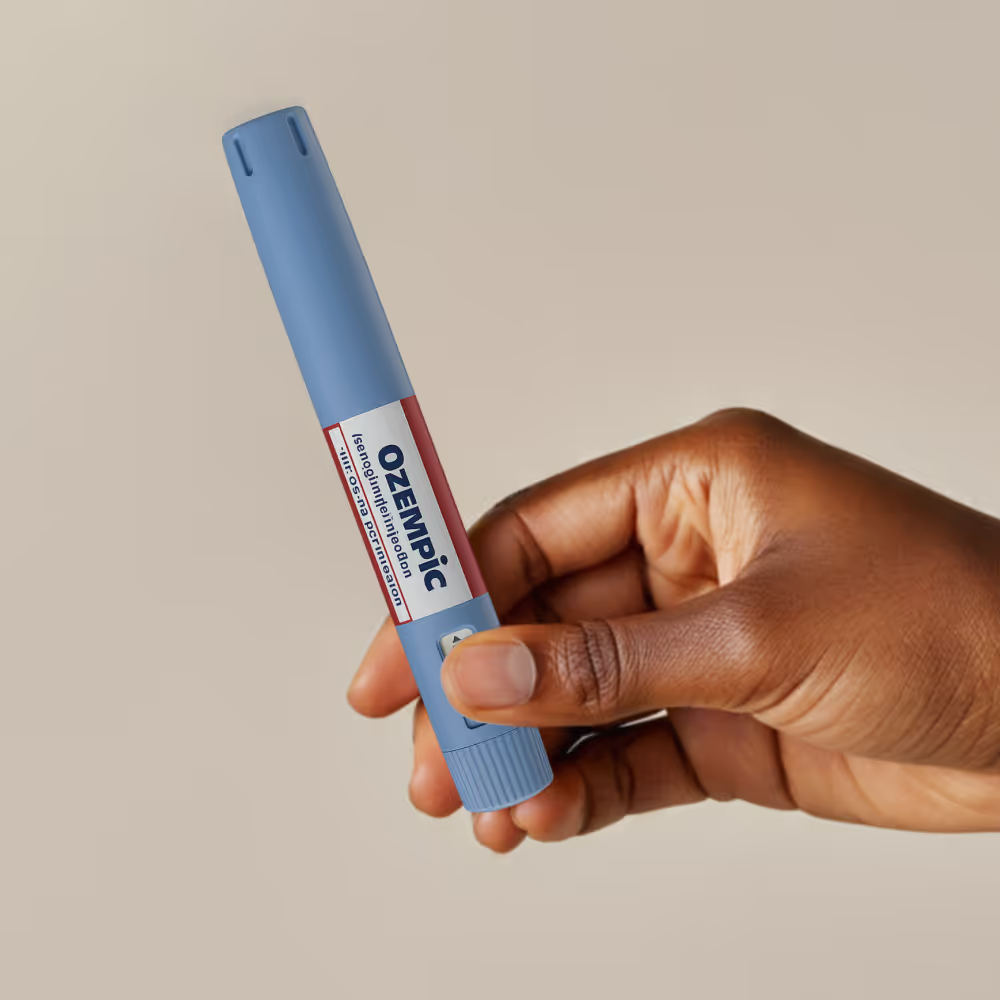GLP-1 medications, including compounded semaglutide and tirzepatide, have been shown to be highly effective in supporting weight loss efforts. If you're considering or have recently started taking a GLP-1 medication for weight management, here’s a guide to help you navigate the first month of your journey.
Setting the Foundation
Begin by gaining a comprehensive understanding of how GLP-1 medications work to promote weight loss. Familiarize yourself with their mechanism of action and effectiveness in appetite suppression.
GLP-1 medications are glucagon-like peptide-1 (GLP-1) receptor agonists. They mimic the naturally occurring GLP-1 hormone, which is secreted by the small intestines and plays several roles:
- Triggers glucose-dependent insulin release from the pancreas, prompting the body to uptake sugar from your meals and utilize it for energy.
- Decreases inappropriate glucagon secretion, helps to regulate blood sugar levels.
- Slows gastric (or stomach) emptying, causing to be digested at a slower pace and the body releases less sugar from the food you eat. More importantly, slow stomach emptying also means you feel full quicker, and stay full longer.
- Acts on brain areas involved in appetite regulation, leading to reduced appetite and decreased caloric intake. They essentially suppress appetite so you eat less.
Monitoring Your Body's Response
Most patients start GLP-1 medications at a lower dose, such as 0.25 mg per week for Semaglutide or an equivalent dose for Tirzepatide, for the first 4 weeks. This lower dose helps assess your tolerance and response. The medication typically takes about 4-5 weeks of once-weekly dosing to reach steady-state levels in your body.
Appetite Changes
- GLP-1 medications are known for their appetite-suppressing effects. You may notice changes in your hunger levels, food cravings, and overall eating habits. Observing these changes can help you establish a healthier relationship with food.
Gastrointestinal Side Effects:
- Nausea: This is common during the initial weeks and is usually more pronounced in the first 4-5 weeks when gastric emptying is delayed. Symptoms should moderate and disappear within about a week. Taking the medication with food and eating smaller, more frequent meals can help mitigate nausea.
- Diarrhea: This can occur during the first four weeks but generally decreases over time. Symptoms are usually short-lived, lasting about three days.
- Constipation: This might appear within the first 16 weeks, especially in the initial 28 days. To manage constipation, ensure you’re drinking plenty of fluids, consuming a fiber-rich diet, and avoiding spicy or greasy foods.
- GERD (Gastroesophageal Reflux Disease): Reflux and bloating are common in the first few weeks and typically resolve over time. Temporary use of medications such as proton-pump inhibitors or H2-blockers may be helpful.
Weight Loss
- Initial weight loss may be observed within the first few weeks, but it typically takes ~8-12 weeks for GLP-1s to show their full effects in conjunction with nutrition and lifestyle adjustments. The gradual increase in dosage from the initial 0.25 mg/week to the maximum dose (such as 2.4 mg/week for Semaglutide) allows your body to adjust and enhances appetite suppression, leading to a meaningful calorie deficit and weight loss.
Scheduled Check-Up
- Most healthcare providers will schedule a follow-up appointment within the first month. Use this time to share your experiences, discuss any challenges, and provide feedback on your weight loss journey. If you have any questions about your treatment or dosage, feel free to reach out via the doctor chat in your Alan Meds Portal.
Conclusion
Starting a weight loss journey with GLP-1 medications requires patience, dedication, and close collaboration with your healthcare team. Use the first month to understand how the medication affects your appetite, make sustainable lifestyle changes, and build a solid foundation for your weight loss goals. Remember, everyone’s journey is unique, so stay committed, celebrate small victories, and continue working closely with your healthcare provider for the best possible outcome!









































































.avif)






